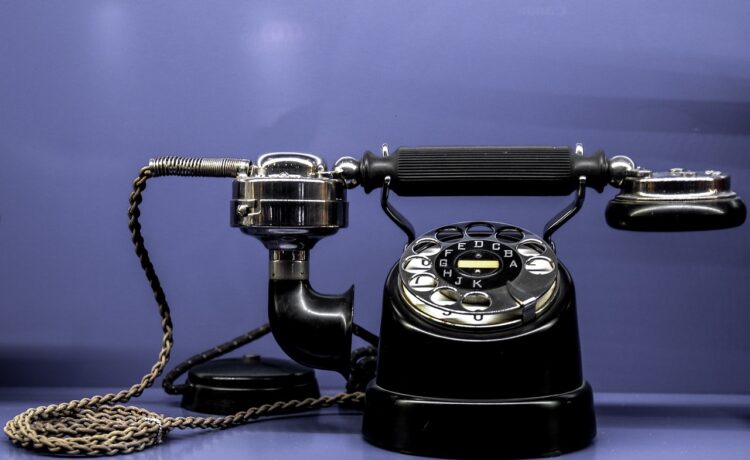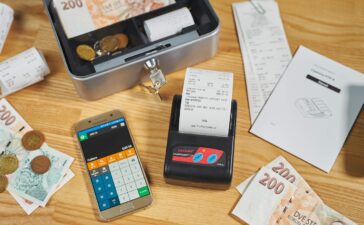In today’s digital era, scams are becoming increasingly prevalent, and one particularly alarming number is 210-216-1521. This number has been linked to various scams, causing distress and financial loss for many individuals. In this comprehensive guide, we will delve into the nature of the scams associated with 210-216-1521, how these scams operate, and most importantly, how you can protect yourself from becoming a victim.
The Nature of 210-216-1521 Scams
The phone number 210-216-1521 has been reported in numerous scam cases, with scammers using this number to impersonate trusted organizations. These impersonations can include banks, government agencies, or tech support services. The aim is to deceive individuals into sharing personal information or making payments for non-existent services. Here’s how the scams related to 210-216-1521 typically operate:
- Bank Impersonation: Scammers may use 210-216-1521 to pretend to be from your bank or credit card company. They might claim there is suspicious activity on your account and request your account details to “verify” your identity.
- Government Agency Fraud: Another tactic involves impersonating government agencies such as the IRS or Social Security Administration. Scammers might claim you owe back taxes or have outstanding debts, threatening legal action if immediate payment is not made.
- Tech Support Scams: Scammers using 210-216-1521 might pose as tech support representatives from well-known companies. They could inform you that your computer has a serious virus or security issue, offering to fix it remotely in exchange for personal information or payment.
- Prize or Sweepstakes Scams: You may receive a call from 210-216-1521 claiming you’ve won a prize or sweepstakes. To claim your winnings, you might be asked to provide personal details or pay a fee.
How the 210-216-1521 Scams Operate
Understanding the tactics used by scammers calling from 210-216-1521 can help you avoid falling victim. Here’s a closer look at their methods:
- Creating Urgency: Scammers create a sense of urgency to pressure you into making hasty decisions. They might threaten immediate legal action or suggest your account is in jeopardy, compelling you to act quickly without due consideration.
- Impersonation of Trusted Entities: By posing as a legitimate organization, scammers exploit your trust. The familiar names and official-sounding language make it easier for them to deceive you.
- Request for Sensitive Information: The scammers’ goal is to extract sensitive personal information such as Social Security numbers, bank account details, or passwords under the guise of verification or security.
- Pressure to Pay: They often demand immediate payment for supposed services or fees, using untraceable methods like gift cards, wire transfers, or cryptocurrency.
Read More About: 17029009482
Recognizing the Red Flags
To protect yourself from scams involving 210-216-1521, it’s crucial to recognize the signs:
- Unsolicited Calls: Be cautious of unexpected calls from unknown numbers. If the caller claims to be from a trusted organization but you weren’t expecting the call, it’s wise to verify their identity.
- Requests for Personal Information: Legitimate organizations do not ask for sensitive personal information over the phone. Be wary if you’re asked to provide details such as Social Security numbers or bank information.
- High-Pressure Tactics: Scammers often use high-pressure tactics to create a sense of urgency. If a caller insists on immediate action or threatens severe consequences, it’s likely a scam.
- Unverifiable Information: If the caller’s information cannot be verified through official channels, or if they refuse to provide contact details for their organization, it’s a red flag.
How to Protect Yourself
Here are some effective measures to protect yourself from scams associated with 210-216-1521:
- Verify the Caller’s Identity: If you receive a suspicious call from 210-216-1521, hang up and contact the organization directly using a verified phone number from their official website. Do not use the number provided by the caller.
- Avoid Sharing Personal Information: Never disclose personal information, account details, or passwords to unsolicited callers. Legitimate organizations have secure methods for verifying your identity.
- Report Suspicious Calls: If you receive a call from 210-216-1521 that you suspect is a scam, report it to the Federal Trade Commission (FTC) or your local consumer protection agency. You can also file a complaint with the Federal Communications Commission (FCC).
- Use Call Blocking Services: Consider using call blocking services or apps to filter out potential scam calls. Many mobile carriers and apps offer features to block or identify suspicious numbers.
- Stay Informed: Educate yourself about common scam tactics and trends. Awareness is a powerful tool in preventing scams and protecting your personal and financial information.
Conclusion
The number 210-216-1521 has been linked to various scams that exploit individuals through deception and manipulation. By understanding how these scams operate, recognizing red flags, and taking proactive steps to protect yourself, you can reduce your risk of falling victim. Always verify the identity of unsolicited callers, avoid sharing sensitive information, and report suspicious activity to relevant authorities. Staying vigilant and informed is crucial in safeguarding your personal and financial security from scammers.
FAQ,s
Q1: What is the number 210-216-1521 known for?
A1: The number 210-216-1521 is associated with various scams where scammers impersonate legitimate organizations to steal personal or financial information.
Q2: What types of scams involve 210-216-1521?
A2: Scams include fake calls from banks, government agencies, tech support, and prize notifications.
Q3: How can I identify a scam call from 210-216-1521?
A3: Look for unsolicited calls, requests for personal information, high-pressure tactics, and unverifiable details.
Q4: What should I do if I get a call from 210-216-1521?
A4: Do not share personal information. Hang up and contact the organization directly using a verified number.
Q5: How can I protect myself from scams related to 210-216-1521?
A5: Verify callers, avoid sharing personal details, use call blocking services, and report suspicious calls.
Q6: Where can I report a scam call from 210-216-1521?
A6: Report to the FTC, FCC, or local consumer protection agencies.













